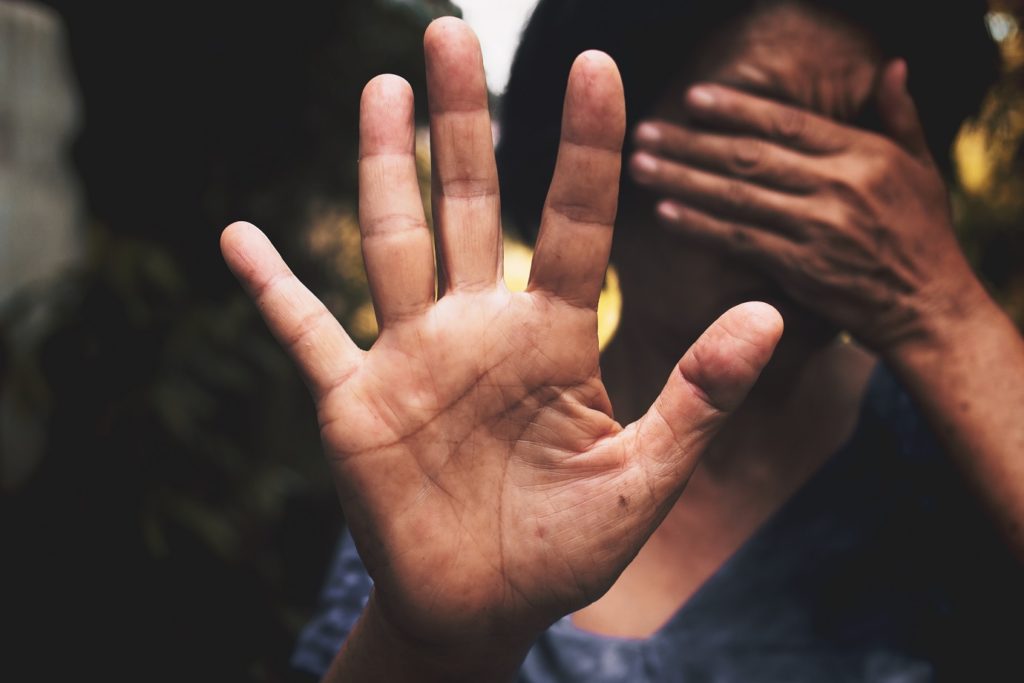Domestic Violence NSW (DV NSW) has today released their report, ‘The impact of the 2021 Greater Sydney COVID-19 lockdown on specialist domestic and family violence services, and their clients’, providing raw data and insights into the impact the latest wave of COVID19 and subsequent lockdowns are having on a sector already in dire need of increased governmental support.
Domestic Violence NSW is the peak body for over 80 specialist domestic and family violence services in New South Wales, Australia. Domestic Violence NSW provides a representative and advocacy function for specialist services and the women, families and communities they support.
Between 20 July – 28 July 2021, 78 Domestic Violence NSW member services completed a survey on the impacts of the 2021 Greater Sydney COVID-19 lockdown on specialist domestic and family violence services, and their clients (victim-survivors of domestic and family violence).
Findings of the report show 73 per cent of services have seen an increase in demand. Of those, more than half are reporting a 75-100 per cent increase in demand. Moreover, 84 per cent of services said there was an increase in the complexity of the situations for the clients referred.
The report also found of the 33 services operating waitlists, there had been an increase in the length of the waitlist of almost half of the services; indicating a significant rise in demand and lack of resources for Domestic Violence support.
Notably, during the 2020 lockdown, the Commonwealth Government supported a $9 million COVID-19 Domestic and Family Violence Grant program. Grants of between $20,000 and $150,000 were available to eligible organisations in NSW. However, for many this support has since ceased. Presently, no plans have been announced by the state or federal government to recommence such support for the sector.
Written submissions to the report echoed the statistical findings, and the dire need for government support. A member service submission to the report noting, “DV Refuges desperately need funding for more staff to cope with demand and reduce the number of women we are unable to help.”
Whilst another lamented, “Funding from the last lockdown has ceased and so we have lost multiple staff. It needs to be refunded.”
The report noted the impact of adequate, long-term funding is multifaceted. Lack of funding security can lead to high-worker turn-over in a sector in desperate need of a sustained, experienced workforce. Moreover, having to funnel all funding into a COVID-19 response means support agencies are unable to plan long-term, a necessary scope to be able to effectively combat a long-term issue.
The report detailed eight immediate and five medium-term recommendations for government support to help mitigate the impacts COVID-19 is having on the Domestic Violence and Sexual Assault prevention sector.
Among the immediate recommendations, DVNSW are calling for an emergency COVID-19 support package to enable specialist domestic and family violence services to meet increased demand, increase community awareness campaigns on how to access domestic and family violence services during the COVID-19 pandemic and provide priority vaccination for specialist domestic and family violence staff and their clients.
Further political pressure for a government response has been created on this issue as NSW Labor have today also released a statement supporting DV NSW’s recommendations.
Jodie Harrison, Shadow Minister for Prevention of Domestic Violence and Sexual Assault saying, “Domestic violence was an issue during the last lockdown and we know it’s an issue now…We need more funding for frontline services who are inundated with requests for support.”
Medium-term recommendations revolved around the lack of crisis housing in NSW, training of best practice for policing of domestic and family violence and increased income support for women on temporary visas who are particularly vulnerable to the impacts of Domestic Violence, due to a lack of resources and domestic support system.
As the NSW lockdown extends beyond what it was in 2020, with greater social and economic uncertainty, it is unsurprising that Domestic Violence rates have surged. However, what is surprising, and eternally disappointing is the lack of support a sector working tirelessly to save lives is receiving in the midst of crisis.
Although, hope can perhaps be derived from this report as maybe seeing in black and white the issue and feasible solutions, long overdue action may finally be taken.


